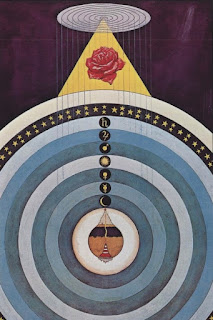Philip K. Dick’s Alien God of Anarcho-Gnosticism

Gnosticism is, in a sense, a tradition of anti-tradition and, historically, a collection of loosely encamped seekers and syncretic movements stemming from the early Christian era and drawing upon Hellenic, Jewish, Persian, and Eastern religious currents. A major question in scholarly research is the qualification of Gnosticism as either an interreligious phenomenon or as an independent religion. Scholars have acknowledged the influence of sources such as Hellenistic Judaism and Platonism, and some have noted possible links to Buddhism and Hinduism. In that regard, the gnostic thread has much in common with the recent culture of New Age spirituality. New Age is another term that has become largely amorphous but, in my view, can be defined very simply as a radically ecumenical late-twentieth and early twenty-first culture of therapeutic spirituality. The variants of New Age spirituality, which include mystical, psycho-spiritual, and physical methods, are, in many ways, indirect but not...
